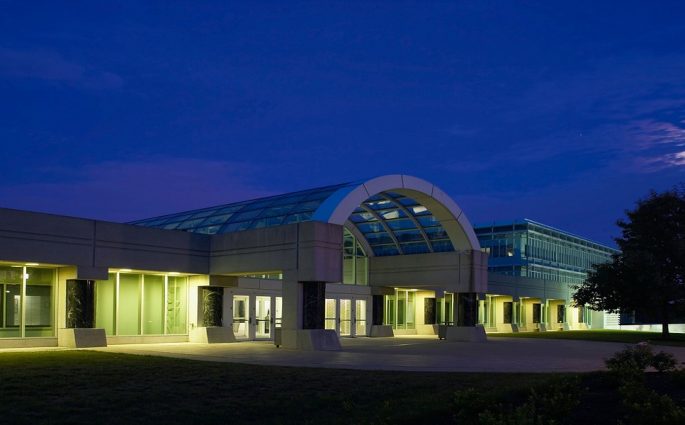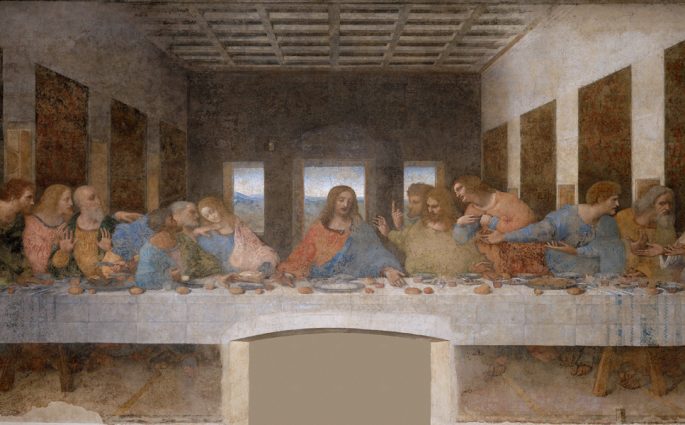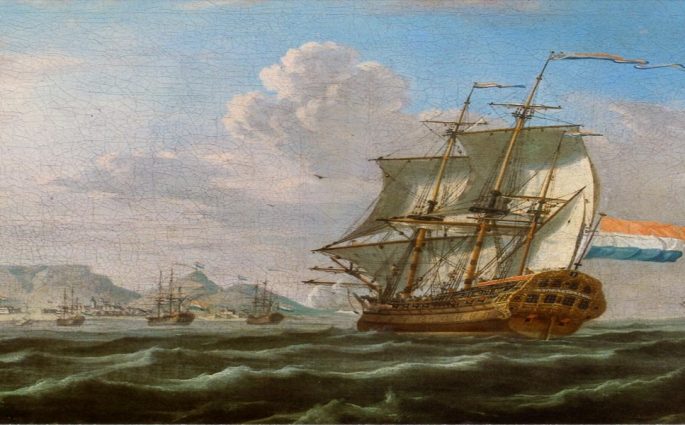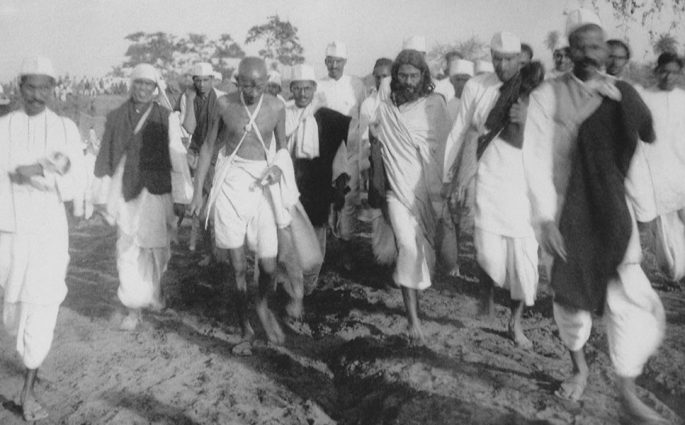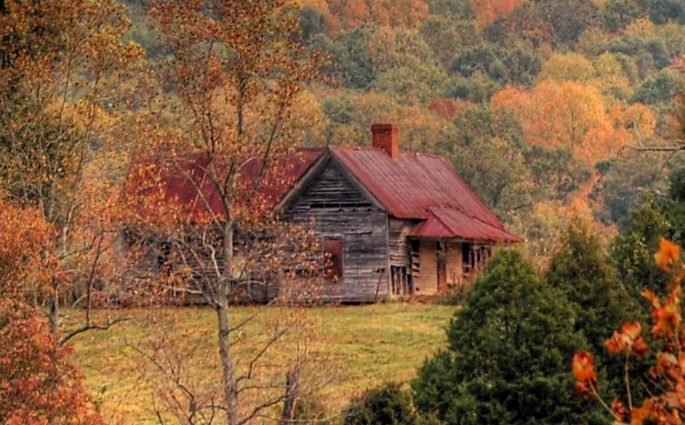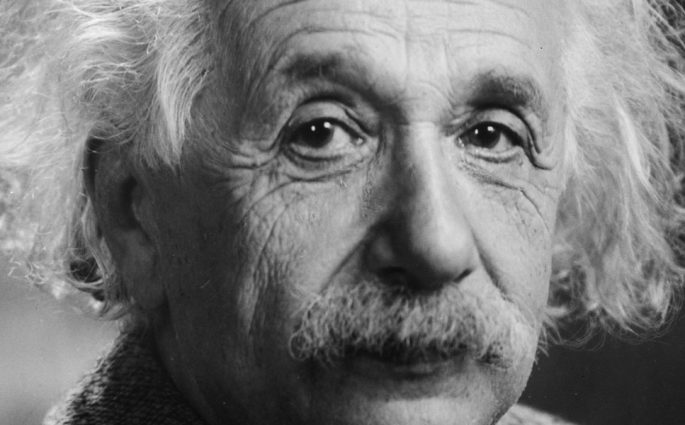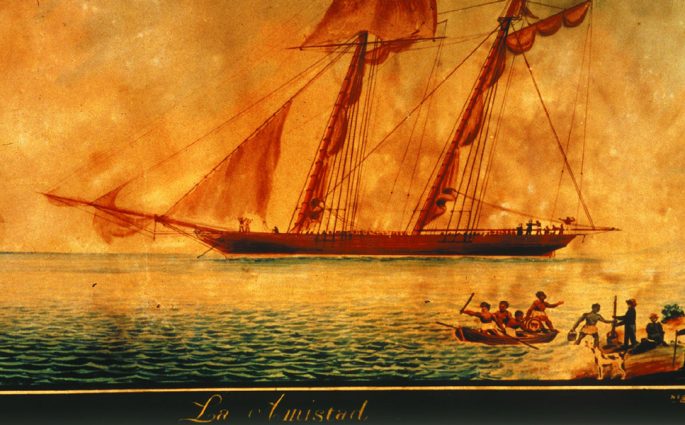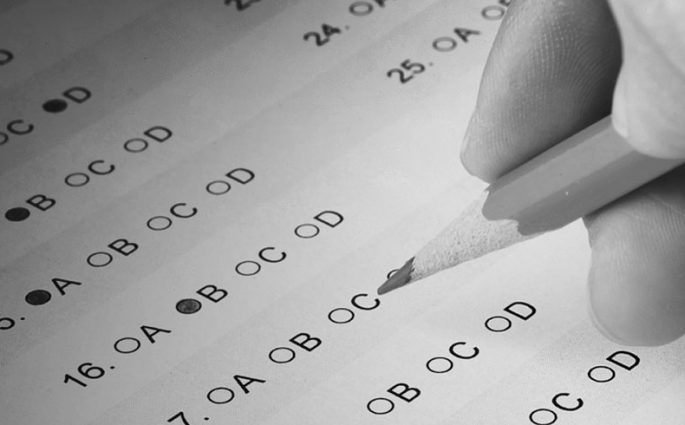Lessons Not Learned: Covert Operations since the Cold War
Karen M. Paget— While writing Patriotic Betrayal, which chronicles a major Cold War covert operation with the U.S. National Student Association, I began a file in which I collected evidence of renewed covert activities in the late 1990s. The newspaper clips came from different parts of the globe in little

